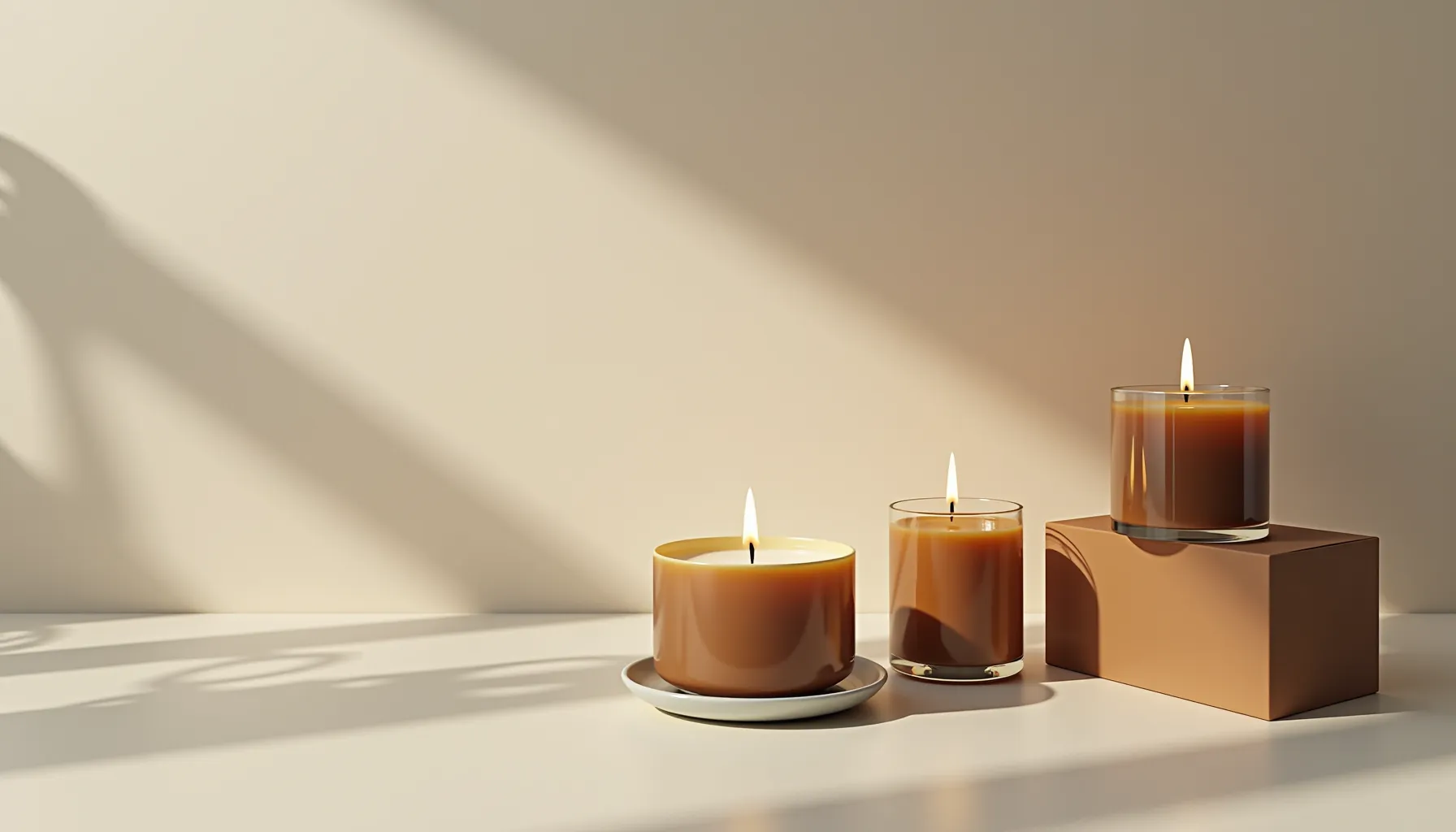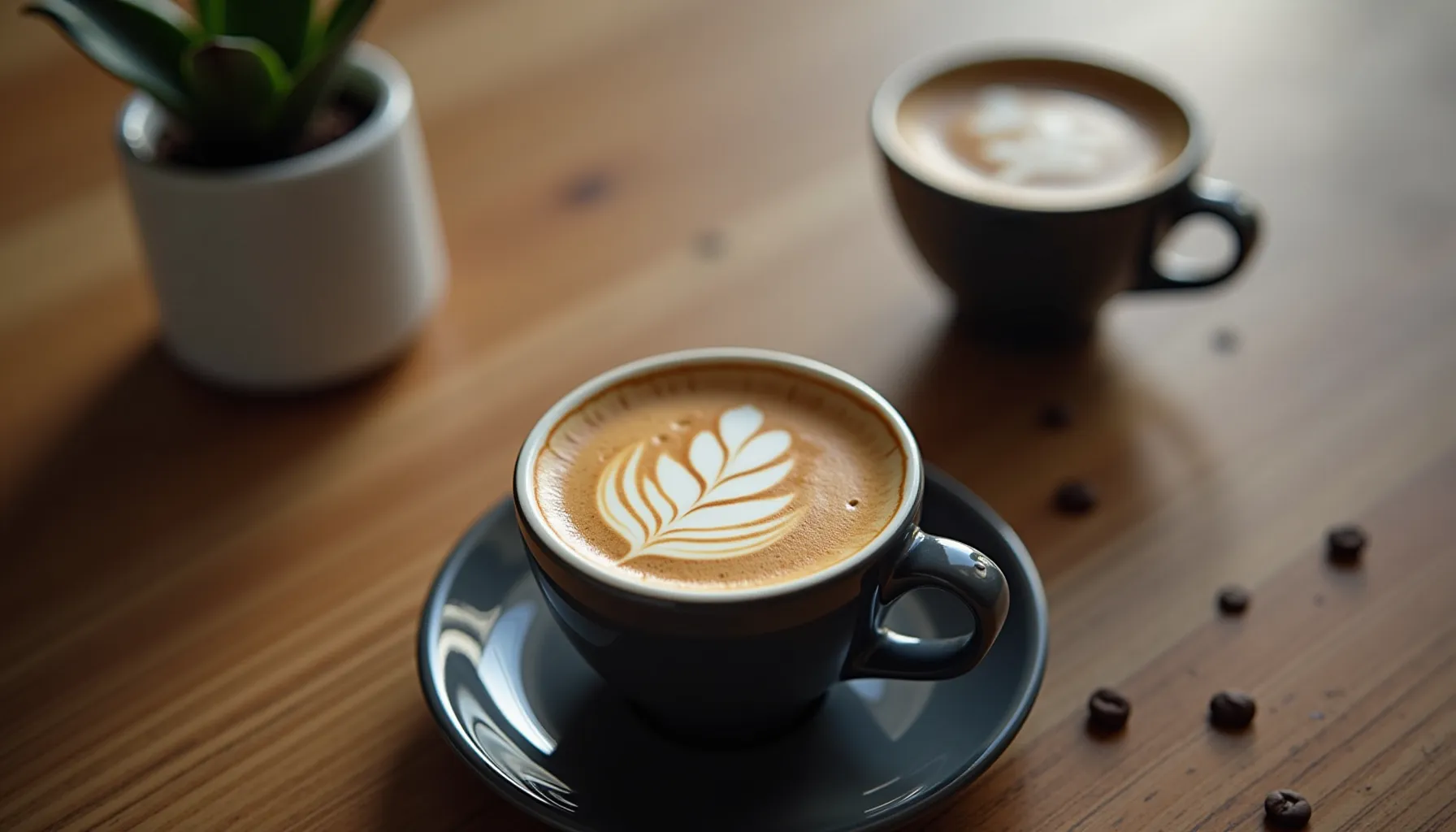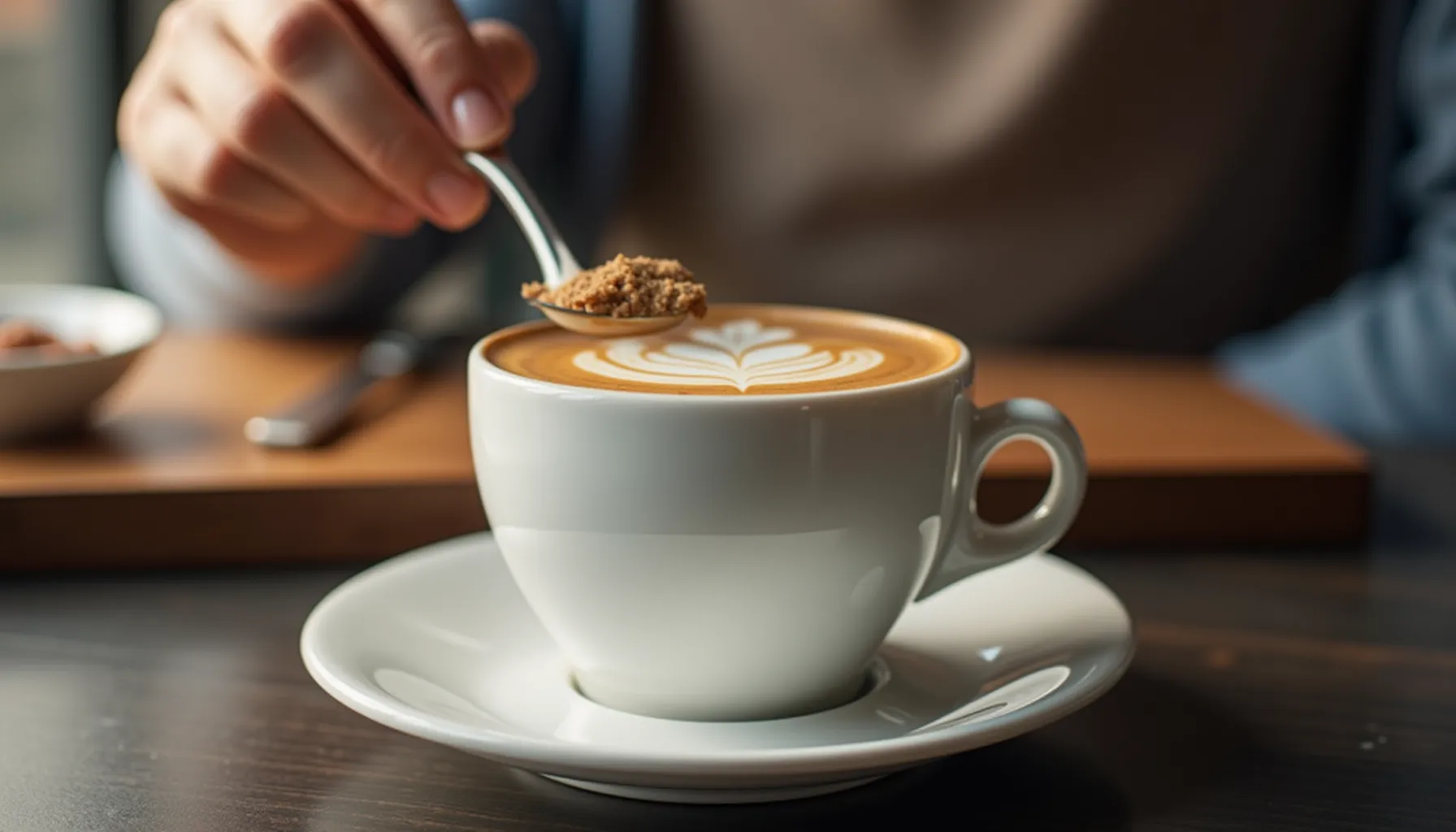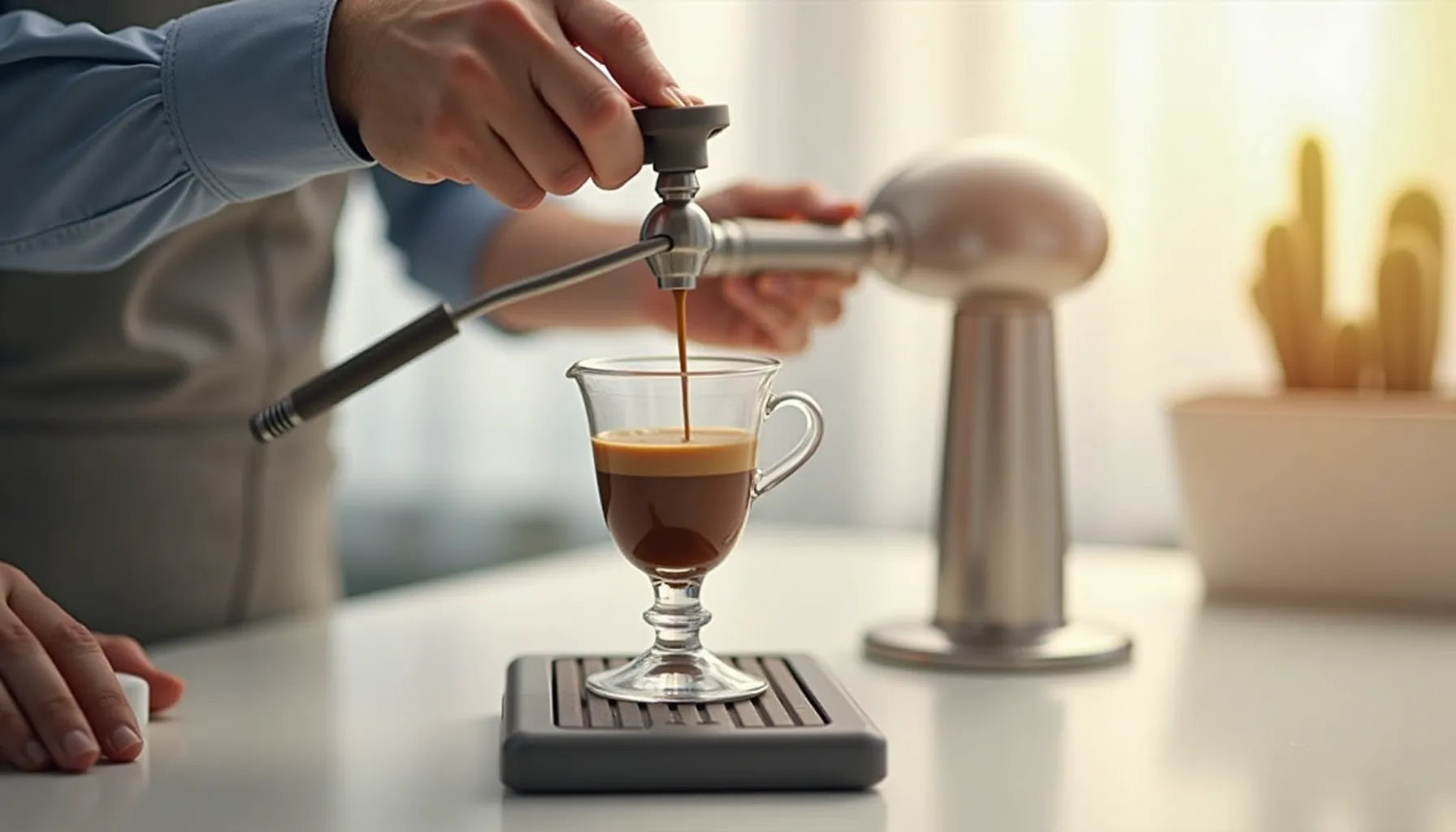Kahwa coffee is more than just a drink—it's a gateway to cultural connection and tradition. As you sip this aromatic brew, you can feel the warmth of Middle Eastern hospitality embracing you. But what does kahwa coffee bring to the table? Maybe you’re seeking a new flavor adventure, or perhaps you’re interested in the health benefits that this unique coffee offers. Whatever your motivation, you’re in for a delightful exploration.
In this article, we will journey through the rich history of kahwa coffee, uncovering its significance in Arab culture, the ingredients that give it its unique flavor, and the enticing health benefits it offers. We’ll also explore the various regional variations, ensuring you get a taste of the diverse experiences kahwa has to offer. Lastly, if you're eager to try this exciting coffee for yourself, we’ll guide you on where to find the best kahwa coffee available. Get ready to immerse yourself in a world of flavor and tradition!
Key Takeaways
- The Cultural Heritage of Kahwa Coffee: Explore its historical significance and role in Arab hospitality.
- Ingredients and Preparation Techniques: Understand the key ingredients and the traditional brewing methods.
- Health Benefits of Kahwa Coffee: Discover the nutritional advantages of this aromatic coffee.
- Variations of Kahwa Coffee Around the World: Learn about unique regional takes on kahwa.
- Where to Buy Kahwa Coffee: Get tips on where to purchase quality kahwa.
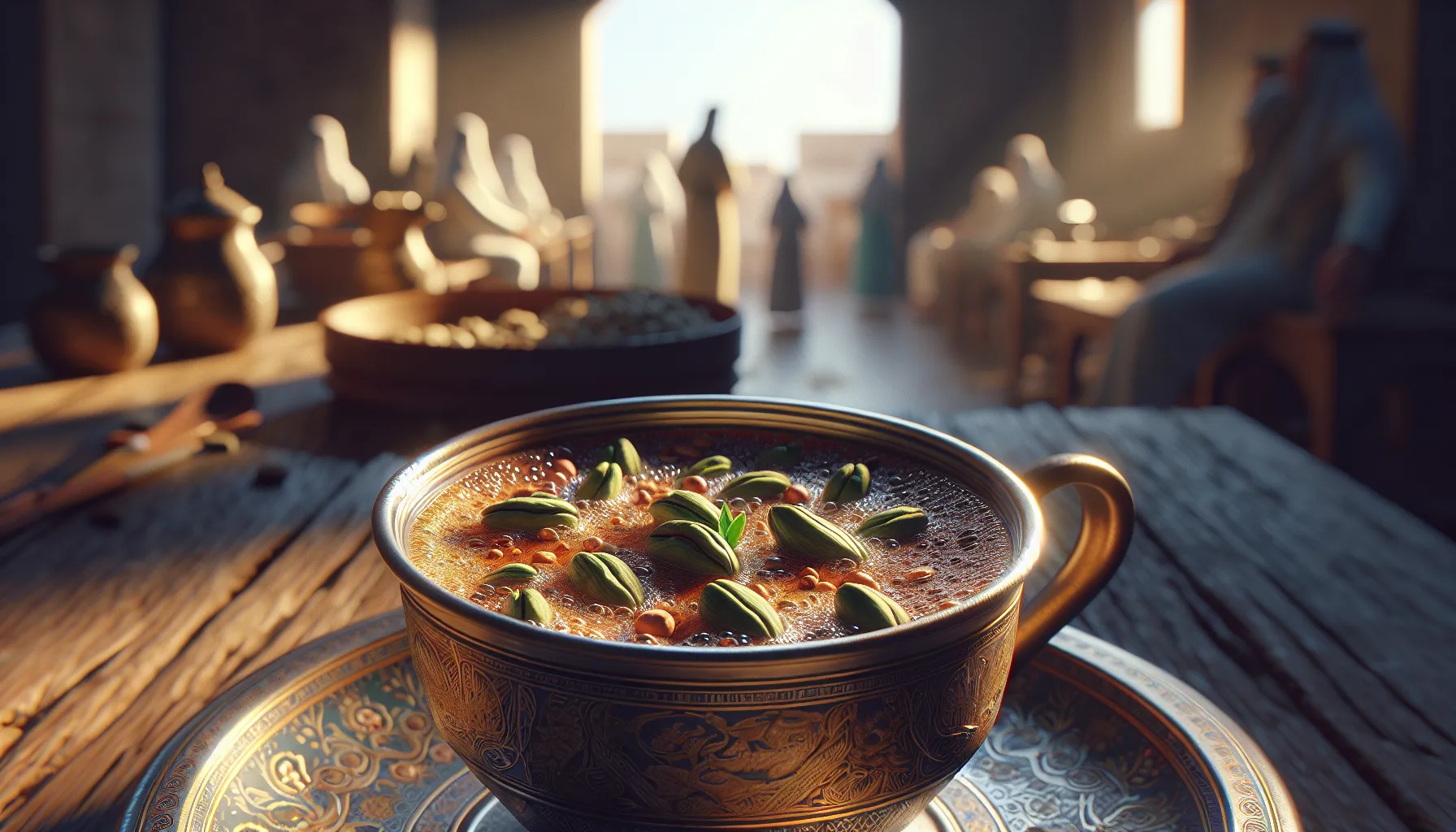
The Cultural Heritage of Kahwa Coffee
Kahwa coffee, with its deep roots in the Arabian Peninsula, is not merely a beverage but a reflection of cultural identity and tradition. Historically, kahwa has been intertwined with social interactions, making it a crucial ingredient in the fabric of Middle Eastern hospitality. Served in beautifully designed cups, kahwa symbolizes warmth and friendship, drawing people together to share stories and experiences.
Imagine a gathering where guests are welcomed with the brewing aroma of kahwa filling the air, often accompanied by dates or sweet treats. This tradition goes beyond sharing a drink; it embodies the spirit of generosity and luxury in the Arab world. Even today, you’ll find kahwa being poured ceremoniously, a ritual so cherished that it evokes feelings of belonging and cultural pride.
Origins of Kahwa Coffee
The presence of kahwa dates back to the 15th century, with its earliest origins believed to be in Yemen. From there, it found its way to various parts of the Middle East and North Africa. Trade routes carried these ancient traditions, spreading kahwa's charm and inspiring different adaptations in flavor and preparation.
This journey through history has allowed kahwa to evolve, incorporating local tastes and spices that give each region its unique character. The modern-day kahwa reflects centuries of cultural exchange, highlighting how a simple drink can encapsulate a rich tapestry of stories and traditions.
Ingredients and Preparation Techniques
Key Ingredients in Kahwa
The magic of kahwa coffee lies in its simple yet flavorful ingredients. At its core, kahwa typically consists of high-quality green coffee beans, often Arabica, which are lightly roasted to preserve their unique flavors. Cardamom, a staple spice in Middle Eastern cuisine, adds a warm, aromatic note to the brew, while saffron introduces a delicate touch of luxury. Some regions also incorporate cinnamon or rosewater, enhancing the depth of flavor and making each cup a sensory delight.
These ingredients not only contribute to the taste but also reflect the region’s rich agricultural practices and culinary traditions. Each cup of kahwa tells a story, inviting you to experience its history through flavor.
Step-by-Step Preparation
Now, let’s dive into how to brew kahwa the traditional way. Start by boiling fresh water in a pot. To every three cups of water, add about two tablespoons of coarsely ground coffee and two to three crushed cardamom pods. Allow this mixture to simmer for approximately ten minutes; the longer it simmers, the more intense the taste becomes. For that extra luxurious touch, add a pinch of saffron a few minutes before serving.
Once the brewing is complete, strain the coffee into small cups or traditional dallah, and enjoy it without sugar. This allows the fragrant spices to shine, promoting a delightful, aromatic drinking experience that transports you to the heart of the Middle East.
Brewing Equipment Recommendations
For the best results, using traditional equipment like a dallah not only enhances the flavor but also connects you to the ritualistic aspect of serving kahwa. If you don’t have a dallah, a simple stovetop pot will work fine. Just ensure you use quality ingredients to enjoy this cherished beverage to its fullest!
Health Benefits of Kahwa Coffee
Nutritional Value
Kahwa coffee isn't just a flavorful beverage; it also packs several health benefits that can boost your well-being. Thanks to its main ingredients, kahwa is rich in antioxidants, which help combat free radicals in the body. The primary spice, cardamom, is known for its digestive properties and can assist in reducing bloating and improving gut health. Some studies even suggest that cardamom may contribute to lower blood pressure.
With each sip, you're not only indulging in a delightful experience but also providing your body with natural wellness support. Isn’t it fascinating how a drink can offer comfort to both the soul and the body?
Wellness and Lifestyle
Incorporating kahwa into your daily routine can serve as a delightful ritual, promoting mindfulness and connection. Taking a moment to savor a cup of kahwa encourages you to pause, reflect, and enjoy the present. Its lighter caffeine content compared to darker coffee varieties also makes it easier on your system, allowing you to enjoy that morning boost without the jitters.
As you embrace the rituals surrounding kahwa, you may find that it becomes a cherished part of your lifestyle, enhancing your well-being one aromatic cup at a time. Why not lift your spirits with this comforting beverage brewed with history and tradition?
Variations of Kahwa Coffee Around the World
Regional Twists on the Traditional Recipe
Kahwa coffee varies beautifully across different cultures, each adding its unique twist that enhances the experience. For instance, Omani kahwa incorporates rosewater, resulting in a fragrant brew that transports your senses. This variation isn’t merely a different flavor; it’s a testament to Oman’s rich cultural heritage. Enjoying it is often part of a larger ceremony, reflecting the importance of hospitality.
In Turkey, you might encounter Turkish kahwa, where the preparation takes on an entirely different approach. Here, the coffee is usually brewed more intensely and served with sugar, enhancing its rich, bold flavor. Turks take pride in their coffee culture, often enjoying it alongside sweets and pastries, making every coffee break a delightful occasion.
Serving Styles and Customs
Just as kahwa's ingredients and flavors differ, so do the customs surrounding its service. Traditionally, in Saudi Arabia, kahwa is served in small cups, highlighting the social aspect of sharing with friends and family. The act of pouring is a ritual in itself, where the host pours kahwa from a dallah, showcasing respect and generosity.
Each serving guideline emphasizes connection, making kahwa not just a beverage but a pivotal part of gatherings. Whether you’re in a bustling café or a quiet home, how you serve and enjoy kahwa can elevate the entire experience, inviting storytelling and shared moments.
Where to Buy Kahwa Coffee
Local Retail Options
If you’re eager to try kahwa yourself, your local Middle Eastern grocery store is often a hidden gem. Many of these shops stock authentic kahwa blends from various regions, offering not just fresh coffee but also the vibrant spices that can transform your brewing experience. Don’t hesitate to ask the staff—they may provide valuable tips on the best brands or blends!
Additionally, local specialty coffee shops are increasingly embracing kahwa, recognizing the growing curiosity around diverse coffee cultures. Some cafés even host cultural events or tasting sessions, giving you a chance to explore and appreciate kahwa in its traditional context.
Online Retailers to Consider
For those who prefer the convenience of online shopping, various retailers specialize in authentic kahwa coffee. Websites like Amazon or specialty international coffee sites often provide a wide selection, allowing you to compare brands, read reviews, and choose the finest quality. Look for options that emphasize fair trade and quality sourcing to ensure you’re getting the best.
Cost and Quality Considerations
When shopping for kahwa, prices can range significantly based on quality and origin. Premium kahwa can cost between $15 to $50 per pound, so it's essential to evaluate what you’re purchasing. Always check for freshness dates, and don’t shy away from reading reviews to ensure you’re investing in the best flavor and quality.
By knowing where to look and what to consider, you’re setting yourself up for a delightful kahwa experience—one that reflects not just a drink but an entire cultural journey.
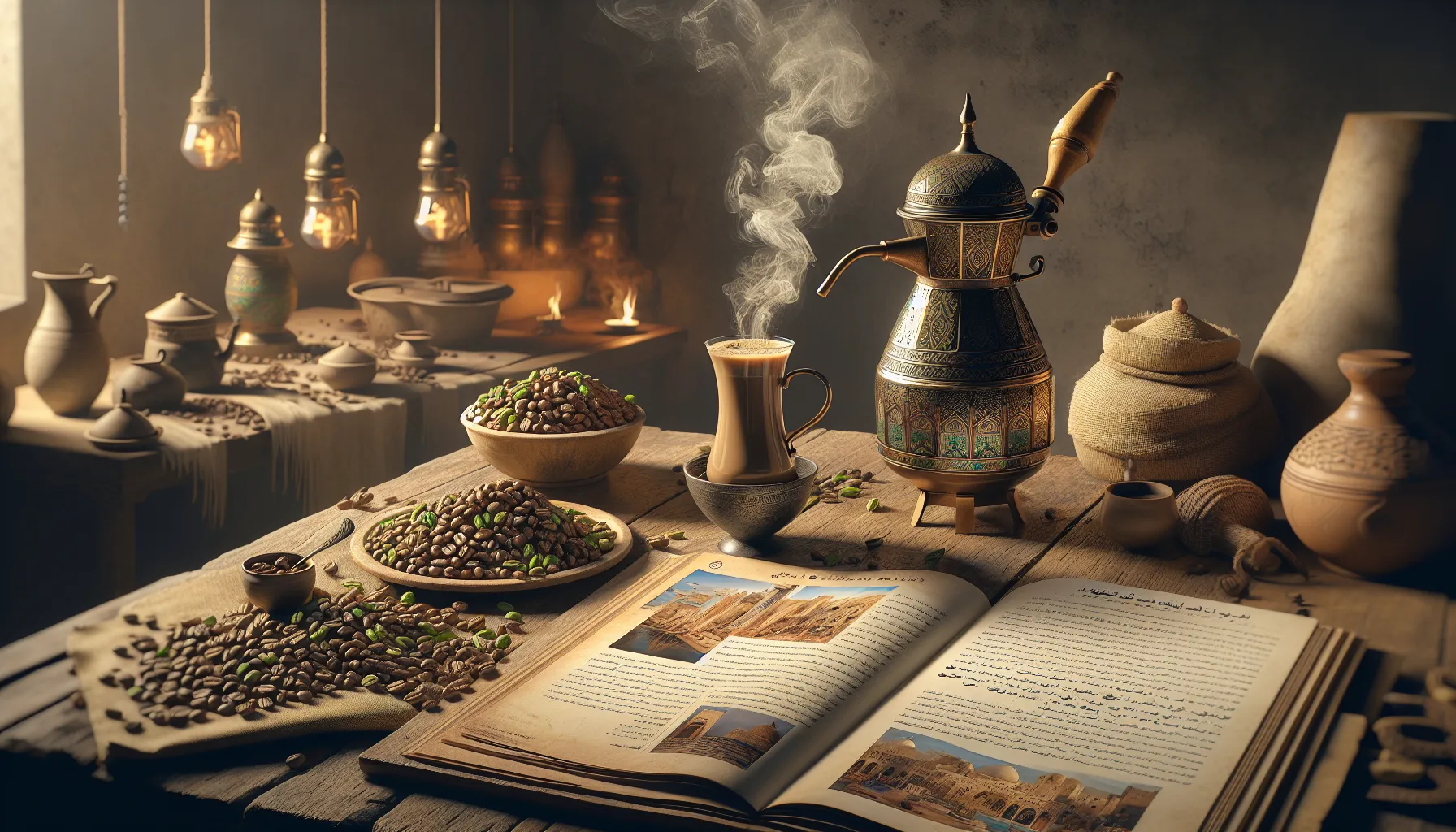
Savoring the Journey of Kahwa Coffee
As we've explored throughout this article, kahwa coffee is much more than just a beverage; it's a vibrant tapestry of culture, history, and communal tradition. By understanding its origins and significance, we unlock a deeper appreciation for the experience of sharing this drink with others. The art of preparing kahwa—infused with aromatic spices and accompanied by heartfelt hospitality—reminds us of the importance of connection in our fast-paced lives.
With its variety of regional adaptations, kahwa invites us to taste the world, one sip at a time. Whether you decide to brew it at home using the traditional methods we discussed or seek it out at local grocery stores and cafes, incorporating kahwa into your coffee repertoire represents a journey worth embarking on. So, why not explore this rich culture, experiment with recipes, and enjoy the wellness benefits kahwa has to offer?
In embracing kahwa coffee, you open the door to cherished moments of connection and warmth. Let each cup be a reminder of the beautiful traditions that unite us, inviting conversation and making each gathering a little more special.
FAQ
- What is kahwa coffee? Kahwa coffee is a traditional Arabian coffee, typically made from lightly roasted green coffee beans and infused with spices like cardamom and saffron. It embodies the cultural heritage of the Middle East, often served during social gatherings as a symbol of hospitality.
- What are the health benefits of kahwa? Kahwa boasts several health benefits, primarily due to its antioxidant properties and the digestive advantages offered by cardamom. Many enjoy kahwa as a lighter alternative to regular coffee, providing an uplifting experience without the jitters associated with higher caffeine content.
- How can I make kahwa coffee at home? To brew kahwa, simmer 2 tablespoons of ground coffee and 2-3 crushed cardamom pods in about 3 cups of water for 10 minutes. Optionally, add saffron for an aromatic twist. Strain and serve without sugar to fully appreciate its natural flavors.
- Where can I buy kahwa coffee? You can find kahwa coffee in local Middle Eastern grocery stores, specialty coffee shops, and various online retailers that offer authentic coffee blends. Ensure to check for quality and freshness before purchasing.
- What are some popular variations of kahwa? Popular variations include Omani kahwa, which might include rosewater, and Turkish kahwa, known for its richer preparation and sweetness. Each region's twist adds a unique flavor profile and cultural essence to the kahwa experience.





